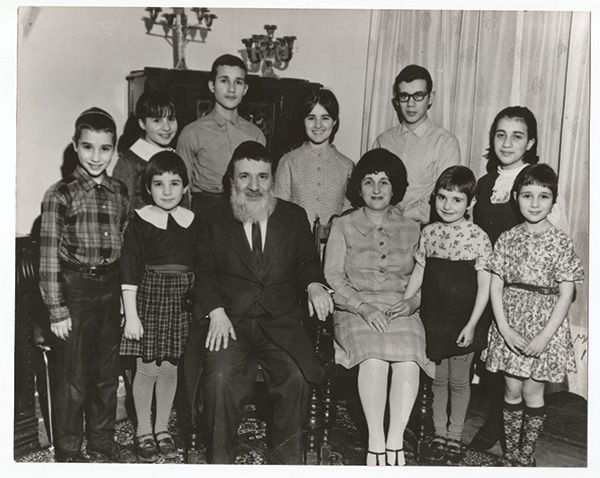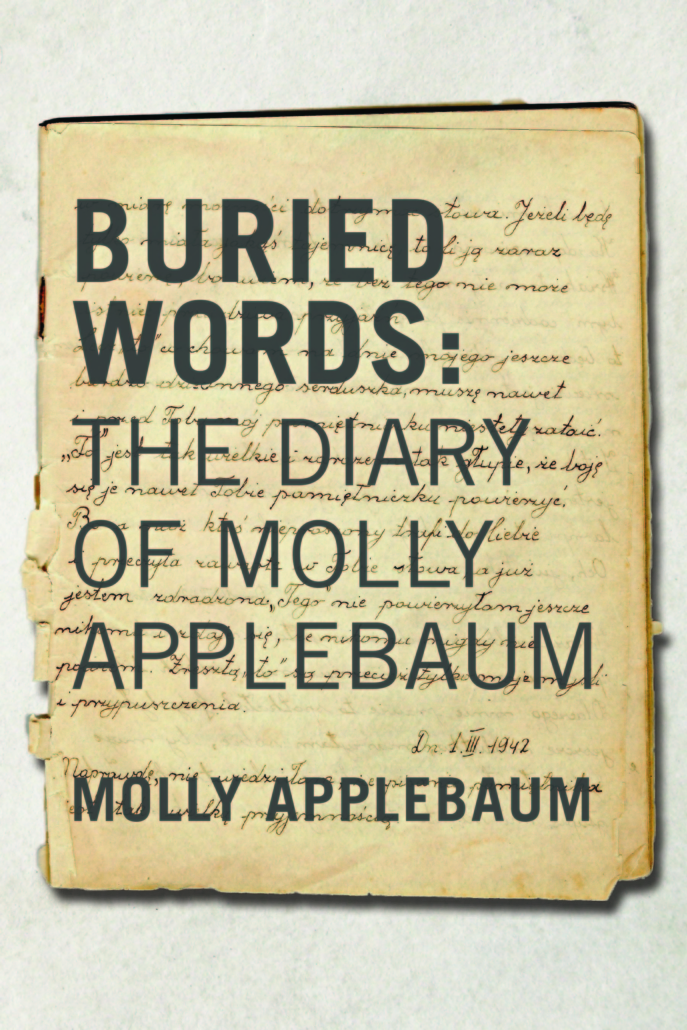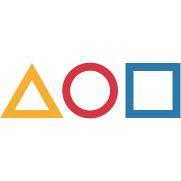“Each Holocaust survivor has a story to tell. The simple act of telling can teach us about an entire world that was lost.”
– Jody Spiegel, Director of the Holocaust Survivor Memoirs Program

The Holocaust Survivor Memoirs Program
Since the end of World War II, over 40,000 Jewish Holocaust survivors have immigrated to Canada. Who they are, where they came from, what they experienced and how they built new lives for themselves and their families are important parts of our Canadian heritage.
The Azrieli Foundation established the Holocaust Survivor Memoirs Program in 2005 to collect, preserve and share the memoirs and diaries written by those who survived the twentieth-century Nazi genocide of the Jews of Europe and later made their way to Canada. The Program makes the published memoirs available free of charge to educational institutions and Holocaust education programs across Canada. The books are also available for sale online. All revenue from the sales of the Azrieli Series of Holocaust Survivor Memoirs go toward the Program’s ongoing publishing and educational work. In fact, the purpose behind the Program is incredibly unique: sharing the stories that otherwise might be lost or unknown, bringing context to those stories and connecting people with those stories.

Sharing the stories that otherwise might be lost or unknown, bringing context to those stories and connecting people with those stories.

First-person accounts
The memoirs published by the Holocaust Survivors Memoir Program are powerful first-person accounts written by Holocaust survivors with very different experiences. The authors are survivors who recount, in their own words and according to their personal impressions, the stories they choose to share. They respect the words used by the authors to describe their experiences. Their words matter – they are revealing, not only of their personalities, but also of their perceptions as witnesses of the events of the Holocaust.
The Program’s editorial and research staff meticulously fact-check authors’ accounts and provide readers with supplementary material, such as glossaries, maps, and introductions written by expert scholars. They respect the words used by the authors to describe their experiences. Their words matter – they are revealing, not only of their personalities, but also of their perceptions as witnesses of the events of the Holocaust.

The impact of storytelling
“I want … to tell my story in the hope that future generations will never forget the horrors of the Holocaust, of which I am a survivor. I know that I owe something to the people who didn’t make it. These people did not commit any crimes. These people did not kill anybody. Young, old, pregnant women, babies – what could their crimes possibly be? They died solely because they were Jewish. The world must remember what happened to them so that they didn’t die in vain.”
– Felix Opatowski, Holocaust survivor and author of Gatehouse to Hell.

The books published by the Holocaust Survivors Memoir Program have an important impact on survivors, their families and the Jewish community. The authors not only describe the tragedies and despair of suffering and surviving but also writing their memoirs is an opportunity for them to recall the sweet memories of childhood and reminisce about the pre-war Jewish life in Europe. By describing the daily life and culture in their villages, towns and cities, and presenting the customs and traditions that are dear to them, the authors memorialize a world that otherwise would be lost forever.
By publishing survivor stories, the Program helps keep our collective memory alive. Rabbi Pinchas Hirschprung wrote his memoir, The Vale of Tears in 1943-1944; it was translated and published in English for the first time by the Program in 2018. By publishing this translation, the Program renewed the interest in this rare, near day-to-day account of Jewish life during the Holocaust, giving a new life to the book by bringing it to a new audience. Rabbi Hirschprung was a world-renowned Torah and Tamuldic scholar, and his testimony illuminates what life was like for an Orthodox rabbi fleeing persecution.

In their memoirs authors also reveal the ordeals they had to go through in the aftermath of the war, as orphans, refugees or displaced persons. They reflect the anxiety of waiting for the return of their families, the joys of reunion, the pain caused by the loss of loved ones, but also their desire to build a new life.
The memoirs encourage readers to engage thoughtfully and critically with the complexities of the Holocaust and to create meaningful connections with the lives of survivors. Today, immigration and refugee issues are still relevant, and we continue to find insights about human experience from Holocaust survivors’ experiences. Through the educational mission of the Program, memoirs have also resonated among students across Canada and in the academic community. By reading their stories, students form connections with the authors and see them as individuals they can learn from and engage with. It is also a very rewarding experience for authors to share their stories with the younger generation and know that their stories have been heard. Some books, such as Buried Words: The Diary of Molly Applebaum, also have an impact in the academic community. Through their specific contexts, time and place, memoirs can lead to new paths of research. In the last year, Molly Applebaum’s memoir inspired the creation of a conference in Toronto, a workshop in Montreal, and the subject of papers delivered in France and California.

– Buried Words: The Diary of Molly Applebaum

The Holocaust Survivors Memoir Program focuses on the human story. Authors are not only survivors. They are above all human beings with different personalities from whom we can learn and understand life before, during, and after the Holocaust.









